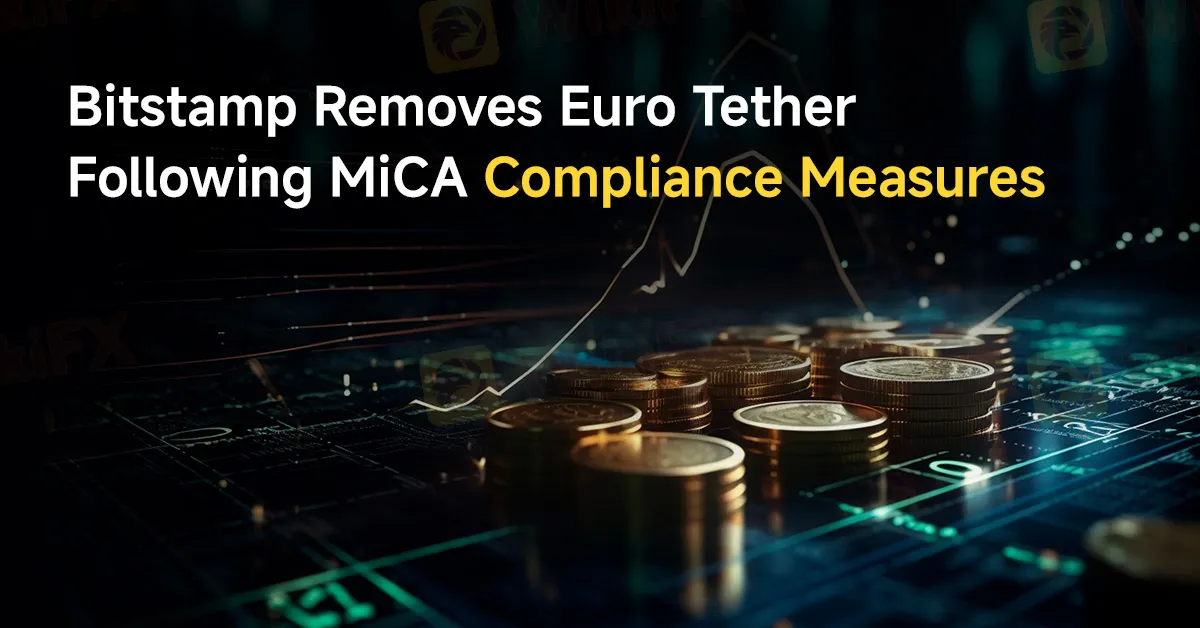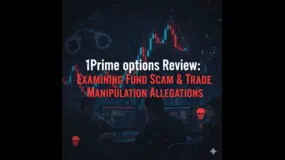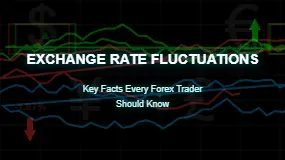Abstract:Bitstamp is preparing for the imminent full enforcement of Europe’s Markets in Crypto-Assets Regulation (MiCA) by announcing its decision to delist Euro Tether (EURT).

Bitstamp, a leading cryptocurrency exchange, is preparing for the imminent full enforcement of Europes Markets in Crypto-Assets Regulation (MiCA) by announcing its decision to delist Euro Tether (EURT), a stablecoin pegged to the euro.
This strategic move comes ahead of the MiCA regulation taking effect on June 30, underscoring Bitstamps commitment to full compliance with emerging European regulations.

Introduced in November 2021, Euro Tether was one of the initial euro-denominated stablecoins on Bitstamp. Despite its early adoption, EURT's market capitalization has drastically decreased from approximately $236 million in February 2022 to around $33 million currently, according to CoinGecko.
This decline is notable given that Tether, the issuer of EURT, also operates USD Tether (USDT), the largest stablecoin by market value at over $110 billion.
James Sullivan, Bitstamp‘s managing director for the United Kingdom, discussed the exchange’s proactive stance on MiCA compliance. He explained that Bitstamp has always supported a balanced regulatory approach to protect consumers while fostering cryptocurrency growth. Sullivan emphasized that Bitstamps strong compliance and security foundation positions it well to adapt to regulatory changes with minimal customer disruption. The delisting of EURT, he noted, would impact only a small percentage of clients with euro-pegged stablecoin portfolios.
Beyond the EURT delisting, Bitstamp clarified its approach to other Electronic Money Tokens (EMTs) not denominated in euros. These EMTs will remain available but with some usage restrictions for European customers. Bitstamp also stated it would neither list new EMTs that fail to meet MiCA standards nor promote such tokens.
In contrast, other cryptocurrency exchanges have taken more extensive measures in response to MiCA. Uphold, for example, delisted USDT and six other stablecoins on June 18 to align with the new regulatory framework. Additionally, Tethers CEO, Paolo Ardoino, has publicly criticized MiCA, stating that the company had no plans to comply.
Binance, another major cryptocurrency exchange, is also making adjustments for MiCA compliance. The exchange is notifying European users about changes to their services, specifically categorizing stablecoins as “regulated” or “unauthorized” based on their adherence to the new rules. Binance aims to transition users from unauthorized to regulated stablecoins and plans to implement a “sell-only” strategy for unauthorized stablecoins via its Binance Convert function, gradually phasing out non-compliant tokens.
Currently, only a few stablecoins meet MiCAs requirements, but Binance is prepared to navigate this regulatory landscape by facilitating user transitions to compliant stablecoins.
These proactive adjustments by major exchanges like Bitstamp and Binance underscore significant shifts in the cryptocurrency market as operators align with new regulatory landscapes. Their efforts aim to create a safer, more standardized environment for crypto asset trading across Europe, reflecting a broader movement within the financial technology sector to embrace regulatory changes that enhance consumer protection and market stability.











